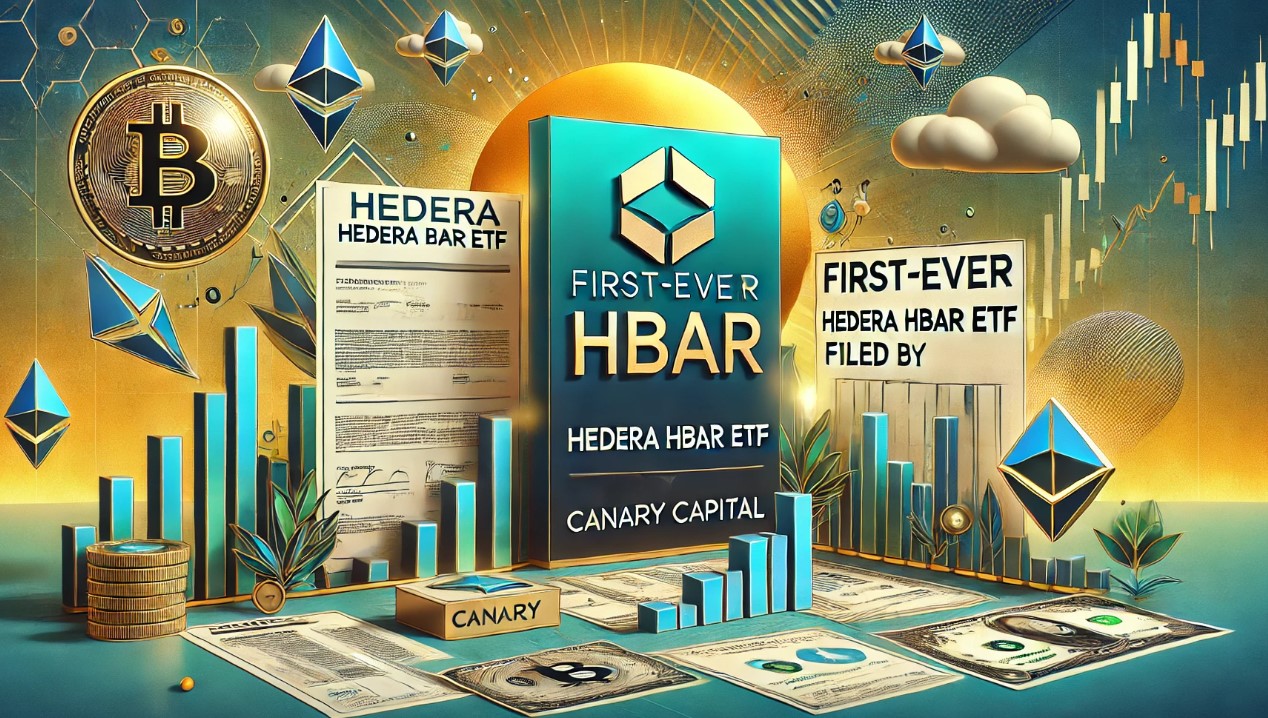LONDON (Bywire News) – In a significant blow to the privacy-focused cryptocurrency community, LocalMonero has ceased all trading activities as of 14 May, with the entire platform poised for closure within six months, reports CoinDesk. The announcement was made by AgoraDesk, the parent company, which is also winding down its operations.
“After almost seven years of operation, due to a combination of internal and external factors, we have made the difficult decision to close our platform,” read the statement. “We’re extremely thankful for the love and support we’ve received over the years. We couldn’t have done it without you. We love you all.”
This sombre announcement appeared in The Node, a daily newsletter that provides a comprehensive roundup of the most critical developments in the cryptocurrency realm. Despite the lack of specific reasons for the shutdown, it is evident that stringent regulatory pressures have played a significant role. LocalMonero’s demise follows a similar fate for other peer-to-peer (P2P) platforms such as LocalBitcoins and Paxful.
The regulatory landscape for the cryptocurrency industry, particularly in the P2P market, has become increasingly hostile, especially in the United States. Ray Youssef, former CEO of Paxful, echoed similar sentiments when Paxful closed, attributing the shutdown to mounting regulatory challenges.
LocalMonero, akin to Craigslist in functionality, facilitated the buying and selling of Monero (XMR) through various methods agreed upon by the counterparties. The platform gained a reputation for requiring limited identification, making it appealing to users willing to pay a slight premium for privacy. Additionally, it offered “arbitration bonds” to ensure security, holding an equivalent amount of Monero in escrow to reimburse users if a transaction fell through.
The closing of LocalMonero leaves a significant void in the Monero ecosystem. As the largest privacy coin with a market cap of $2.5 billion, Monero’s unique selling points have been its privacy-preserving features, making it difficult to trace transactions. However, major exchanges like OKX, Binance, and Coinbase have delisted Monero and similar privacy tokens like Zcash (ZEC) under increasing regulatory scrutiny.
Privacy advocates and Monero users are now left scrambling for alternative means to acquire XMR. Semi-pseudonymous privacy advocate Seth For Privacy lamented the closure as an “incredibly sad day” and underscored the challenges now facing Monero users. On platforms like Reddit, users are discussing various ways to navigate this new landscape, such as purchasing cryptocurrencies like Bitcoin (BTC) or Litecoin (LTC) and then swapping them for XMR using privacy-focused wallets like Cake Wallet.
Elsewhere, the Bisq P2P network remains an option for cryptocurrency swaps into Monero. While Kraken still lists Monero, it restricts access for users in countries including the U.K. and Australia, and will soon add Ireland and Belgium to this list. Less secure methods involve purchasing XMR directly from individuals on messaging apps like Telegram.
In its statement, LocalMonero recommended decentralised exchanges like Haveno and Serai for future trades, both of which operate on the Tor network and employ advanced security protocols.
Despite these setbacks, Monero’s network continues to operate, demonstrating the resilience and tenacity of decentralised systems. As one Reddit user poignantly noted, “Feds really must hate Monero. Guess it’s proof to keep using it.”
While the fate of Monero and other privacy coins remains uncertain under current regulatory environments, the community’s determination to preserve privacy in financial transactions persists.
Credit: Source link















































